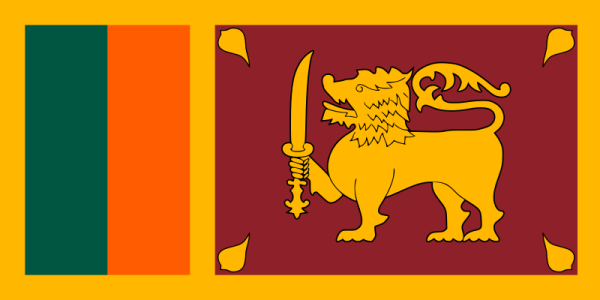The international community, in particular the UN Human Rights Council, must alter its approach towards Sri Lanka from focussing on its human rights record to urging the Sri Lankan Government to deliver on its promises of reconciliation and justice. This week’s visit of the UN High Commissioner for Human Rights, Navi Pillay, to Sri Lanka is a good opportunity for the UN to start such a dialogue.
First of all, condemning Sri Lanka for its human rights violations has not worked in the past two years, and is unlikely to yield any positive results. The report of the Panel of experts delivered in 2011 estimates some 40,000 civilian casualties in the final stages of the battle and also refers to extra-judicial killings. The UN Human Rights Council has passed several critical resolutions, urging the Sri Lankan Government to conduct an ‘independent and credible investigation’ into war crimes. Yet, these calls have been largely ignored.
The President Mahinda Rajapakse himself seems to recognize there is an issue with justice, since he appointed a three-member panel to investigate “cases of persons from the northern and eastern provinces who went missing during the war” ahead of the visit of Ms. Pillay. However, the mandate of that panel is a far cry from what the UN has been pushing for. Repeating the same demands are unlikely to result in anything new.
Secondly, Sri Lanka has been dragging its feet when it comes to delivering on promises of a reconciliation process. After the final battle in Sri Lanka in 2009, the Government has been claiming the end of the war as final. It is hard to deny the crude effectiveness of the offensive. The armed resistance of the Tamil Tigers is done, and few expect them to regroup soon. Wiping out the entire leadership left the LTTE aimless. The Government maintains that there were no war-crime, no human rights violations on the side of the army. Consequently it is possible to argue it already ended the armed conflict in a sustainable and morally respectable manner, diminishing the need for reconciliation. The international community should convince them otherwise.
Thirdly, several other Governments facing similar armed resistance groups openly flirt with massive offensive, the Sri Lankan way, as an effective strategy to end an armed conflict. The casualties, including a high number of civilians, devastation and human rights violations on both sides, are overlooked in such considerations. “It worked, the war is over”, is their reasoning.
By pushing the Sri Lankan Government to focus on reconciliation, these other countries also receive the message that a war does not end when the bullets stop flying. By continuing the story of the armed conflict in Sri Lanka with a chapter on reconciliation, the understanding of the Sri Lankan way of ending a conflict would be redefined.
Ms. Pillay has been critical of the Sri Lankan Government in the past, mostly leading to the alienation of the Sri Lankan Government. She should use this visit to change tactics. It is positive that she is going to visit the country, and will be meeting not just with Government officials, but also with senior judicial members, the National Human Rights Commission, civil society organizations and many more.
She should use this opportunity for engagement to convince the Sri Lankan Government to hasten the reconciliation process. There are three core aspects that would need to be highlighted in that message. To start the Government should come up with a concrete roadmap for reconciliation, including what, how and when steps will be taken, as well as what will be achieved. Additionally, an independent investigation into war crimes and human rights violations that were committed by both the Sri Lankan Government and the LTTE during the decades-long civil war should be included. A locally owned investigation definitely would enjoy more credibility than an international one. Lastly, the media should be given full access to all records and witnesses of what happened during the war. This will help in creating greater transparency and help the country to move towards greater accountability.
By personally visiting Sri Lanka Ms. Pillay has an opportunity to change course when it comes to how it relates to the country. Meeting face-to-face creates a different dialogue. Instead of sounding like a broken record, she should open up the conversation about reconciliation and lead the way towards true peace for Sri Lanka.










